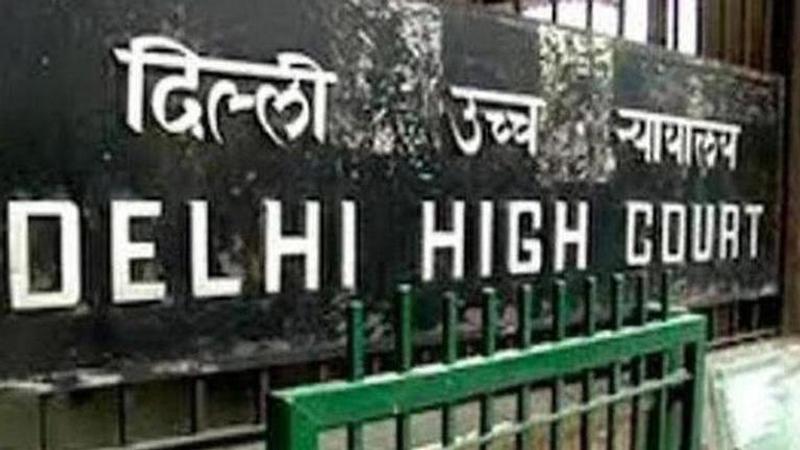Published 05:47 IST, December 18th 2019
Delhi HC declines plea to modify Sections 375, 376 to make rape laws gender-neutral
The Delhi HC refused to issue direction on plea which sought to make rape laws genderneutral. The petition was filed by social activist Sanjjiiv Kkumaar

On Monday, the Delhi High Court refused to issue direction on a plea which seeked to make rape laws gender-neutral. The plea spoke about how sexual crimes against boys under 18 years in the country were covered under the POCSO Act, and how they have no legal recourse once they become adults. The plea also challenged that Sections 375 and 376 of the Indian Penal Code (IPC) were not gender neutral.
The bench in the Delhi High court was headed by Chief Justice DN Patel. The bench disposed of the petition challenging the constitutionality of Sections 375 and 376 of the Indian Penal Code as they were not "gender-neutral". The petition was filed by social activist Sanjjiiv Kkumaar.
Earlier, the Centre in its affidavit had defended Sections 375 and 376 stating that these had been enacted to protect and keep a check on the rising level of sexual offences against women in the country. The court accepted the Centre's affidavit stating that the existing definition of rape under Section 375 (rape) should be left untouched as the ambit of the Protection of Children from Sexual Offences (POCSO) Act, which covers all forms of sexual offences against minors, and Section 377 of the IPC were adequate to cover all sexual offences.
Section 375 of IPC defines rape as a criminal offence and states that a man is said to commit rape when he has sexual intercourse with a woman against her or without her consent or if she is a minor. ... With or without her consent, when the woman is below the age of 16 years.
Quicker remedial to rape- Disha Act
Amid the nation-wide outrage over the soaring number of crimes against women in the country, the Andhra Pradesh Assembly recently passed the Disha Act, 2019. The Act mandates the disposal of cases of atrocities against women within 21 days. It is an amendment to the AP Criminal Law. As per the law, the investigation is expected to be completed in 7 working days and trial shall be completed in 14 working days.
Updated 09:41 IST, December 18th 2019




